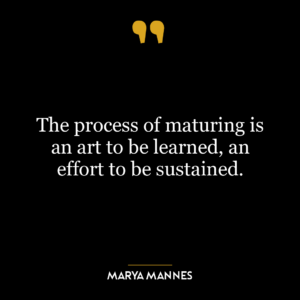This quote, “Anything acquired without effort, and without cost is generally unappreciated,” speaks to the idea that value is often tied to the amount of work, effort, or sacrifice that goes into obtaining something. If something is easily acquired with little to no effort, it is often taken for granted or undervalued. However, when something requires hard work, dedication, or sacrifice, it is typically appreciated more because of the perceived value associated with the effort expended to obtain it.
This concept is deeply rooted in the psychology of human behavior. Often, the more we invest in something, the more we value it, a phenomenon known as the “sunk cost fallacy.” This principle is also related to the idea of “delayed gratification,” where foregoing an immediate reward for a greater, future reward can lead to a greater sense of satisfaction and accomplishment.
In today’s world, this idea is applicable in many areas. In the realm of personal development, it underscores the importance of investing time and effort in one’s growth and learning. For instance, learning a new skill, developing a healthy habit, or achieving a personal goal often requires consistent effort and even struggle. However, the end result is often more meaningful and appreciated because of the hard work put into it.
This concept can also be applied in the context of our consumer-driven society. In an age where instant gratification is often the norm, it’s easy to undervalue things that are easily acquired. However, items or experiences that require saving, planning, and waiting are often cherished more because they are seen as a reward for one’s effort and patience.
In relationships, too, this principle holds true. Relationships that demand time, effort, and compromise are often valued more than those that require minimal effort. This could be because the investment of time and energy creates a deeper emotional connection and a greater sense of appreciation.
In conclusion, the quote suggests that the value of anything in life is directly proportional to the effort, time, and cost invested in acquiring it. This principle can be a powerful driver of personal growth, appreciation, and satisfaction in various aspects of life.








